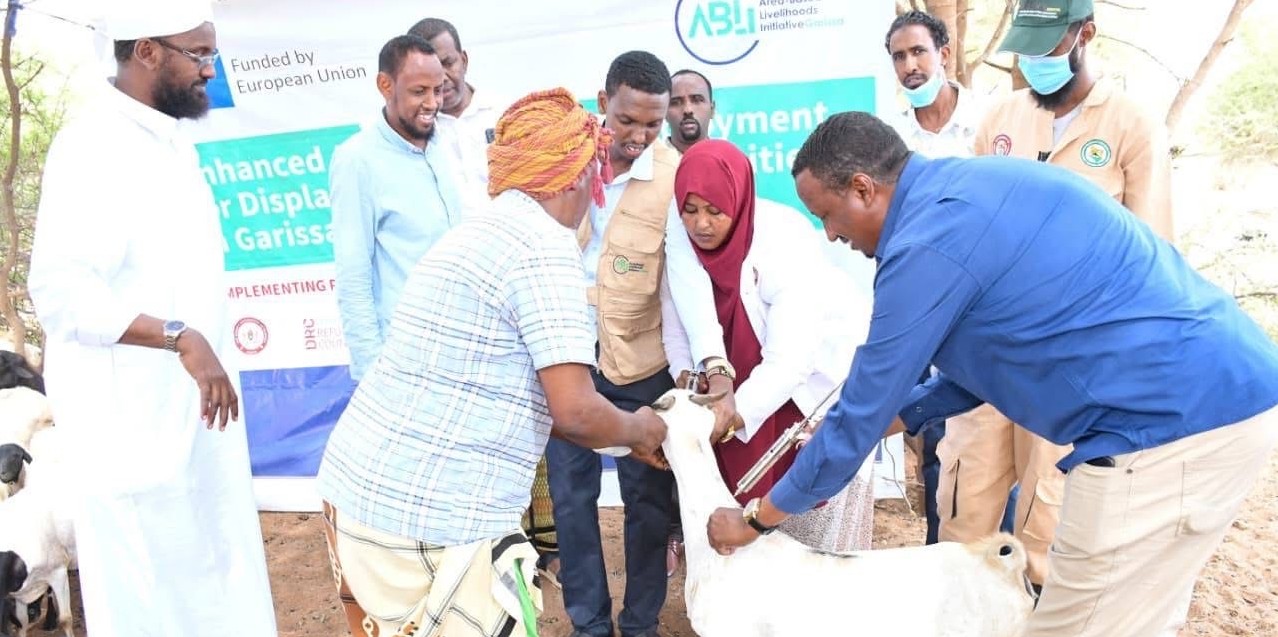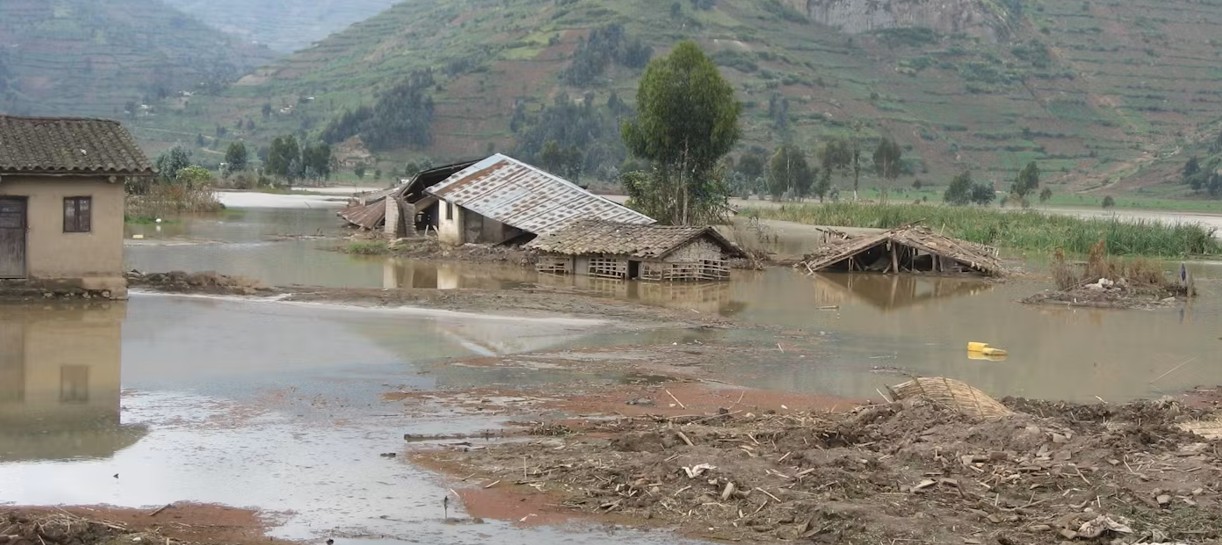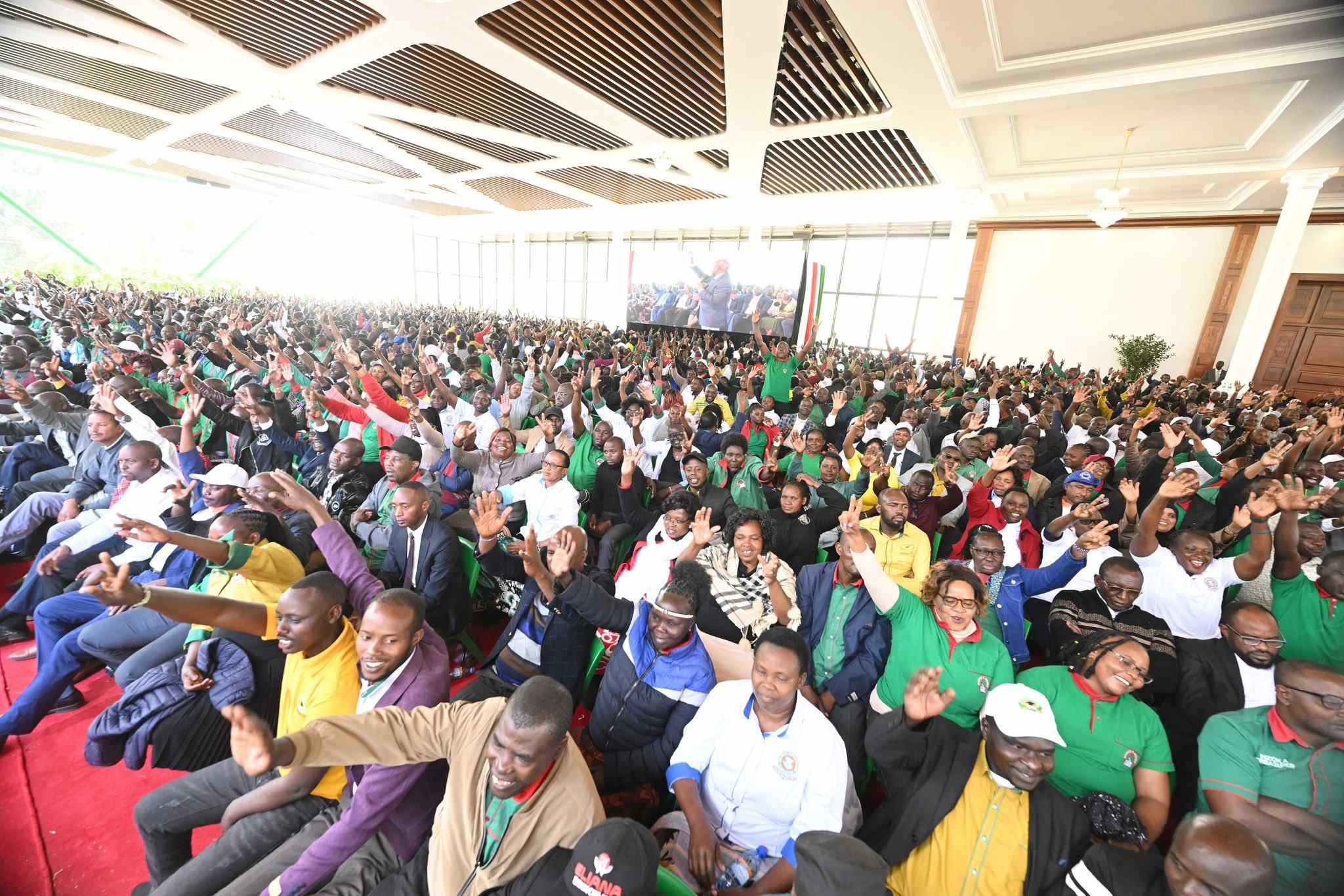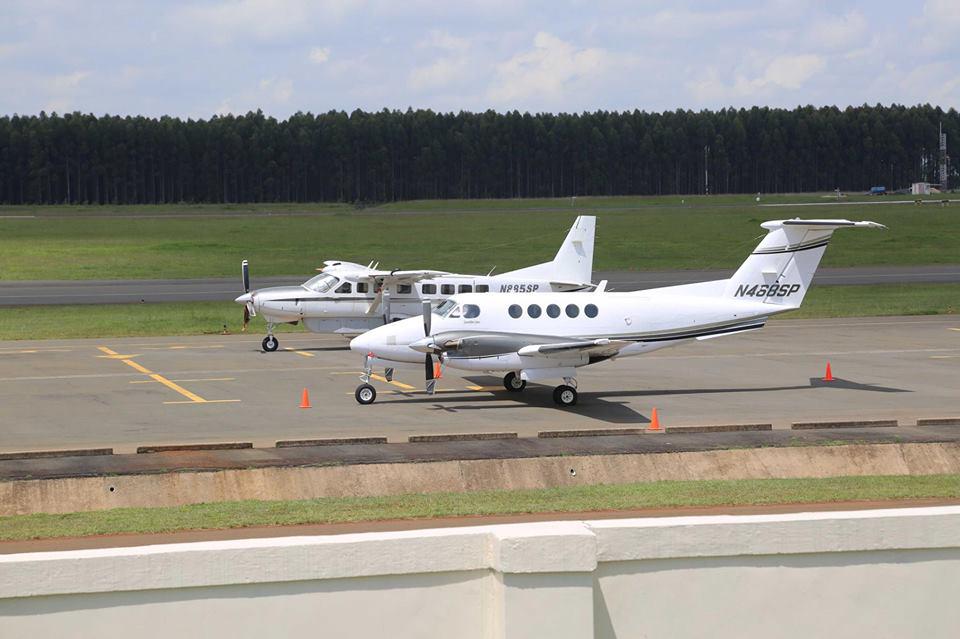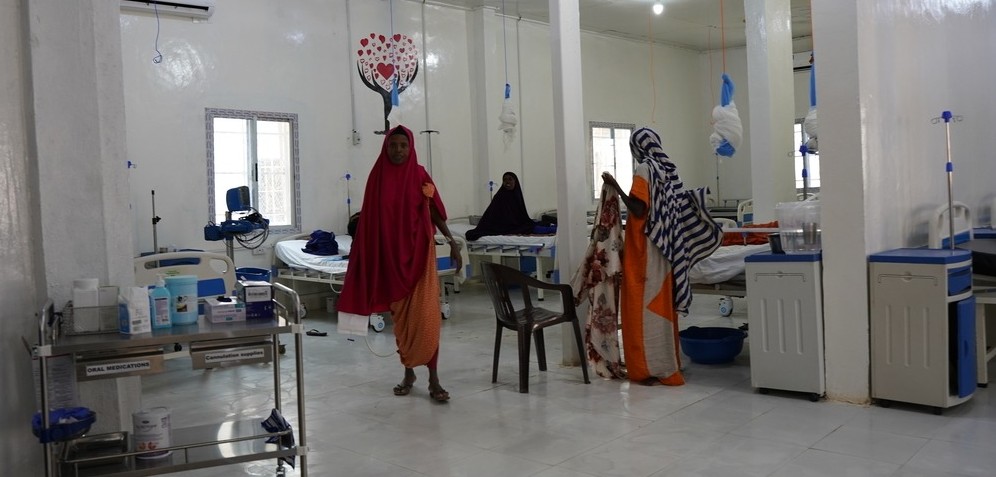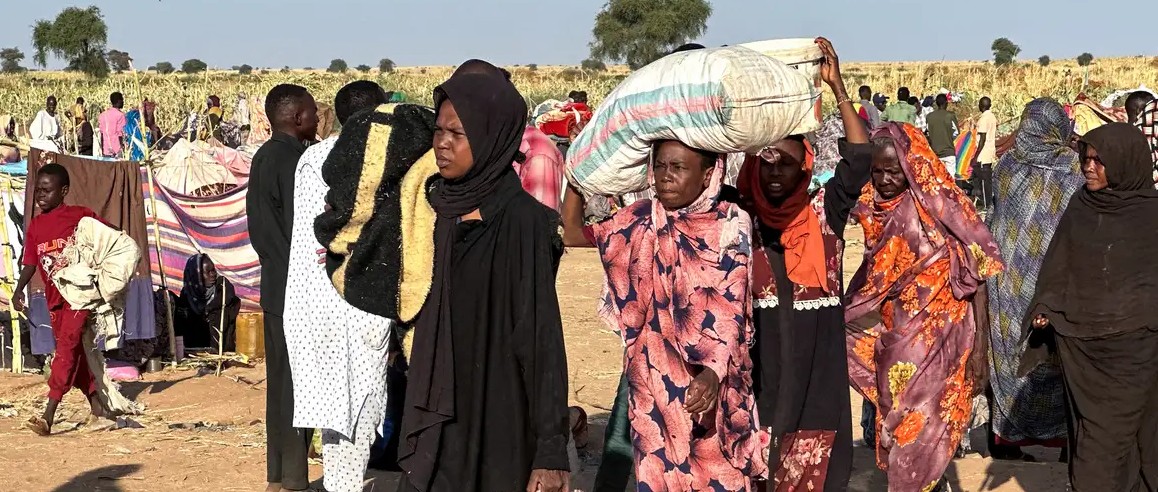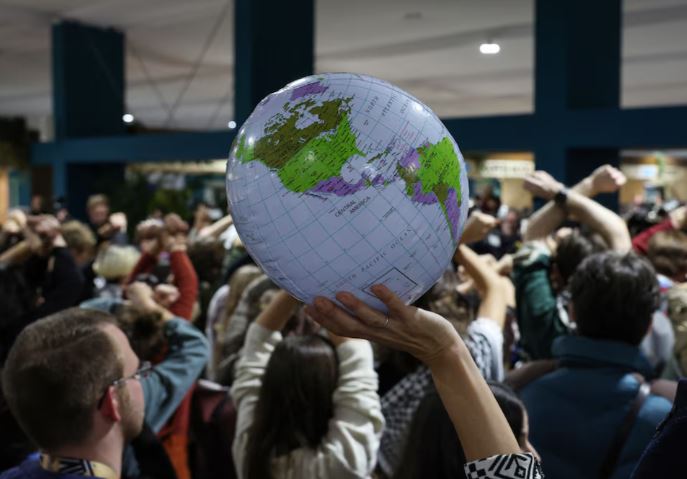Maasai face pressure as Tanzania eyes relocations
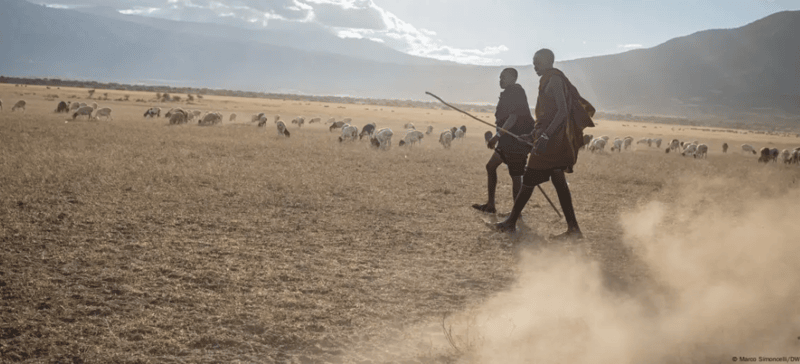
Tanzanian authorities have pushed Maasai relocations since 2022, sparking condemnation from rights groups. With elections nearing, will pressure shift or deepen?
The Maasai, an ethnic group indigenous to southern Kenya and northern Tanzania, have grazed livestock around Tanzania's Lake Natron for generations.
Park rangers from the Tanzania Wildlife Management Authority (TAWA) have been accused of confiscating Maasai cattle, charging unofficial fees and enforcing new restrictions — measures the Maasai say threaten their survival.
More To Read
- Tanzania’s 13th parliament convenes without official opposition as CCM consolidates power
- CHADEMA Deputy Secretary General Amani Golugwa arrested as crackdown intensifies
- Over 240 charged with treason in Tanzania following election day violence
- John Okoth Ogutu’s killing in Tanzania exposes grim reality for jobless Kenyan teachers
- KUPPET calls for urgent evacuation of 150 Kenyan teacher trainees stranded in Tanzania
- Activists demand President Samia Suluhu Hassan's resignation over rights abuses
"TAWA has taken our animals, auctioned them, leaving mothers without milk and children starving. We ask only to live in peace on our land," said 37-year-old Nesikar Daudi from Engaresero in northern Tanzania.
"We were never consulted about turning Lake Natron into a game reserve," Daudi said. "This land is where our livestock graze — without it, our families cannot survive."
A 2024 report by Human Rights Watch revealed some of the consequences of a plan from the Tanzanian government to relocate the Maasai from their ancestral lands in the Ngorongoro Conservation Area in northern Tanzania.
To justify evictions, officials frequently accuse the Maasai of poaching and degradation, pointing to population growth and livestock numbers — charges communities reject as false excuses designed to delegitimise their presence.
'Voluntary relocations'
Hundreds of Maasai gathered in Ngorongoro on August 18, 2024, for a three-day demonstration.
"This land belongs to us. It was taken from us through illegal means," said human rights lawyer Joseph Oleshangay. He speaks for hundreds of thousands of Maasai who say their ancestral ranges are vanishing across northern Tanzania's safari heartland.
The region contributed to over half of the country's €1.57 billion ($1.85 billion) 2023 tourism revenue, according to government figures. Yet it is also where, since 2022, authorities have stepped up what they call "voluntary relocations."
On paper, the Maasai are free to move. However, in practice, testimonies describe a system of pressure that human rights organisations say violates rights.
The August demonstration also followed another critical moment: a reported attempt by authorities to delist several Ngorongoro villages, which would have stripped thousands of Maasai residents of their voting rights in the upcoming elections scheduled for October.
Public backlash forced the government to abandon this apparent plan, ensuring the Maasai retained their electoral voice.
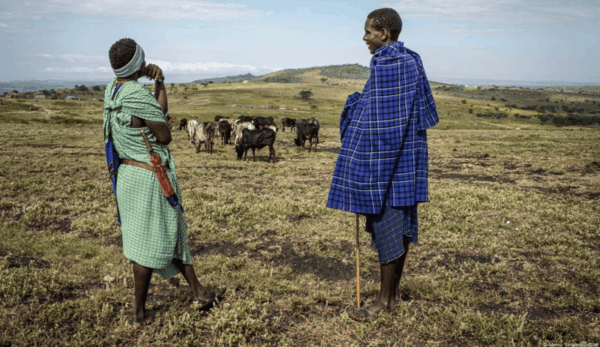 Two Maasai herders watch over their livestockImage: Marco Simoncelli/DW
Two Maasai herders watch over their livestockImage: Marco Simoncelli/DW
Moved to Msomera
Since 2022, around 1,500 Maasai have left the Ngorongoro Conservation Area, a UNESCO World Heritage site, after schools and clinics were shuttered and movement restricted.
Many were moved to Msomera, 700 kilometres (435 miles) east, where Tanzania's government has established a settlement for the Maasai.
"The Maasai have lived in Ngorongoro since time immemorial," said traditional leader Saningo Olesiapa. Elder Moses Oleshangay added, "Pastoralism is under attack, services cut, livestock starving."
Tanzanian government spokesperson Gerson Msigwa acknowledged in 2022 that cutting services was the "only way to make the Maasai move." An anonymous official confirmed there were no meaningful public forums or consent.
For Oleshangay, the deeper issue is ideological: "Conservation was imported … brought by the colonisers." For the Maasai, protection of wildlife, people, and land is inseparable — a moral economy at odds with a model that fences off "protected areas" for outsiders.
"I am ready to stay here with nothing, as long as I can step on my land," said resident Noorkiponi Mikas Olesilondo, who claimed that authorities had burned down her house after she refused to move.
Others who accepted relocation say they were told Msomera was empty, only to find it already inhabited — and ill-suited to grazing.
Trophy hunting and land deals
Beyond mass tourism, trophy hunting is a lucrative pillar. In early 2022, the government reclassified Pololeti — a 1,500 square-kilometre (580 square-mile) block beside the Serengeti, which is managed by the Dubai-linked Otterlo Business Corporation (OBC) — from a game-controlled area to a game reserve, where stricter conservation rules apply.
On June 9, 2022, security forces entered to enforce the new rules. Over 2,000 Maasai were expelled, a young man was reportedly killed, and several children were reported missing.
"More than ten houses were burned," recalled councillor Mathew Eliakim Siloma. Ololosokwan Chief Saitoti Parmwad accused the OBC of enabling the displacement.
The Maasai also blame their plight on the Frankfurt Zoological Society (FZS), whose partnership with Tanzanian authorities on conservation, including providing equipment to rangers, has been criticised for enabling and abetting human rights violations.
In a 2023 report, Ngorongoro councillors directly implicated the Frankfurt am Main-based conservation organisation in supporting the evictions and facilitating land use plans that displace local communities.
FZS told DW that it has fulfilled its human rights due diligence obligations and denied any involvement in the Pololeti evictions or in providing logistical, financial, or operational support to government operations.
A widening net
The strategy extends beyond parks and hunting areas. Since 2024, thousands of people — most of them Maasai — have reportedly lost homes to land evictions tied to expansions near Kilimanjaro International Airport.
"People had lived there for years before the airport opened," said activist Lemirai Melubo Siria.
Around Lake Natron, carbon and biodiversity credit schemes restrict mobility on essential rangelands, creating exclusions that fracture grazing corridors and sever water access.
Plans to designate Lake Natron's game-controlled area as a game reserve have led to stronger ranger presence, stricter limits on Maasai grazing and water access, and heightened tensions.
"We are not waiting for someone to give us lessons about the value of the land, because we need it for our survival," Oleshangay said.
The elder's statement encapsulates the Maasai's deep connection to their land. The California-based Oakland Institute's executive director, Anuradha Mittal, broadens the frame: communities labelled "backwards" by the West "have not caused harm to the Earth," she argued.
If conservation is to succeed, it must learn from those who have protected landscapes without walls, profit motives or guns, Mittal added.
What conservation means
Authorities in Tanzania have justified their actions in Ngorongoro, including the forced displacement of people, by claiming these measures are necessary to preserve Ngorongoro's status as a UNESCO-recognised World Heritage Site — a situation that has led some to blame UNESCO for the Maasai's plight.
But UNESCO says it has repeatedly declared that it considers forced eviction unacceptable.
"Any decision regarding voluntary resettlement should be based on the free consent of local stakeholders and rightsholders," it said in a statement.
The Tanzanian authorities and the Ngorongoro administration did not respond to requests for comment before this article was published.
Tanzanian President Samia Suluhu Hassan has publicly addressed the Ngorongoro issue on several occasions. In April 2021, she cited "population pressure" in Ngorongoro as a reason for the government's actions.
In February 2025, Samia launched two presidential commissions to investigate the complex land conflict, with findings expected over three years.
Some academic perspectives offer different viewpoints. Elikana Kalumanga, a wildlife ecologist at the University of Dar es Salaam, emphasises balancing human needs with conservation efforts.
His work highlights human-wildlife coexistence challenges and sustainable land management needs. While acknowledging the complexities, this perspective often aligns with the government's position that certain measures are necessary for the long-term ecological health of protected areas, even if they involve changes to traditional land use patterns.
This view contrasts with the idea that conservation is solely a tool for dispossession, suggesting a more nuanced approach to the issue.
Top Stories Today

